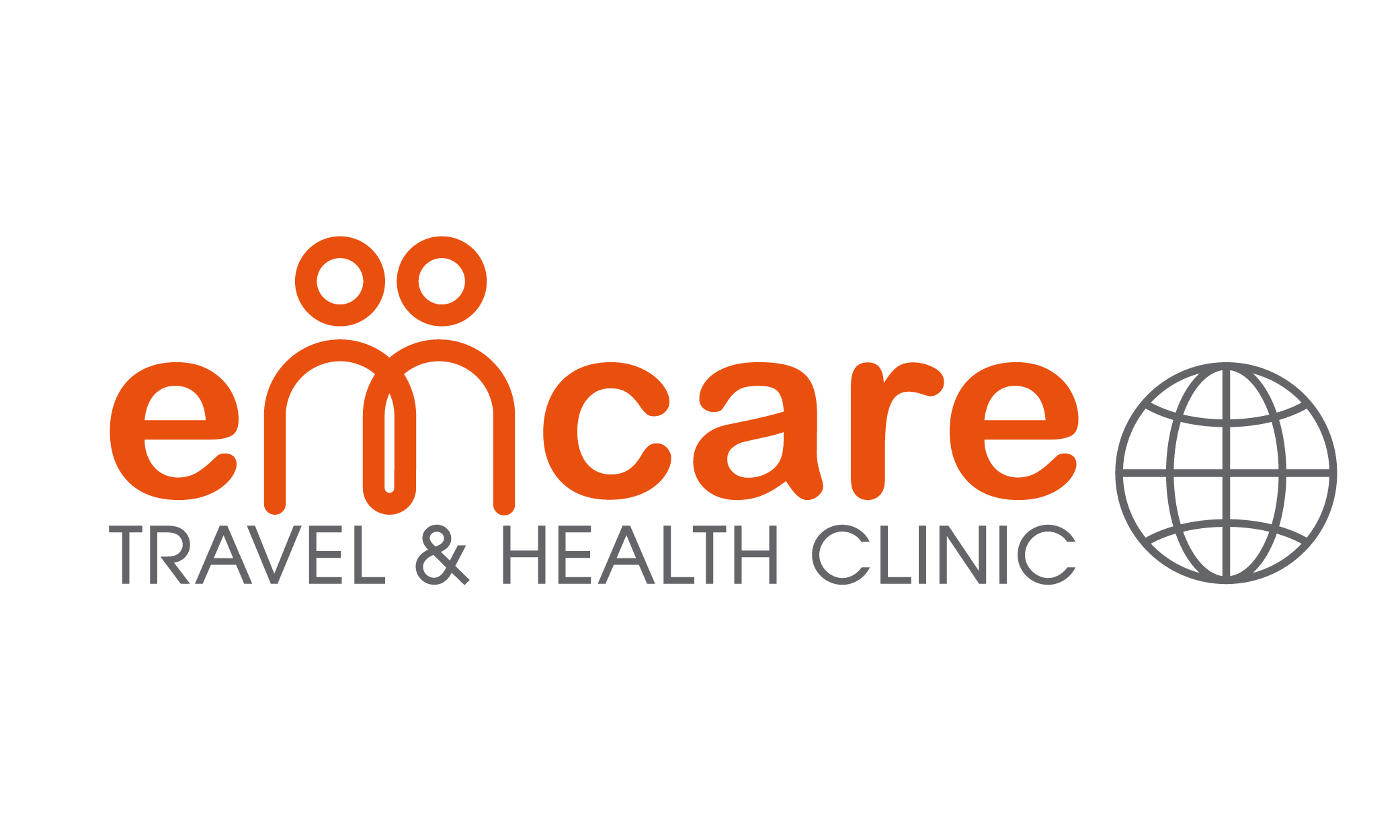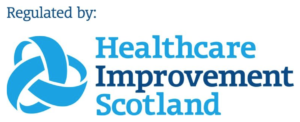Planning travel to parts of Africa or South America requires careful preparation, especially when it comes to health. Yellow fever is a serious mosquito-borne viral disease that can cause severe illness and even death. For UK residents visiting endemic regions, obtaining a yellow fever vaccine is not just recommended—it is often mandatory for entry into certain countries. A fever vaccine protects against infection and reduces the risk of serious complications. Understanding the disease, its risks, and the vaccination process is essential for any traveller.
What Is Yellow Fever?
Yellow fever is caused by a virus transmitted primarily through the bite of infected Aedes or Haemagogus mosquitoes. Symptoms typically appear three to six days after infection and may include fever, chills, headache, muscle pain, nausea, and vomiting. While many cases are mild, some progress to a severe form known as toxic yellow fever, which can cause liver failure, jaundice, internal bleeding, and multi-organ failure. Without timely vaccination, travellers are at significant risk of contracting this potentially fatal disease.
Global Distribution
Yellow fever is endemic in tropical regions of Africa and South America. In Africa, countries such as Nigeria, Angola, and Ghana report frequent outbreaks. In South America, areas in Brazil, Peru, and Bolivia are particularly affected. Travellers should be aware that even short trips to rural or jungle regions can expose them to the virus. Health authorities in the UK, including the NHS and Fit for Travel, strongly advise vaccination before travelling to any endemic areas. This ensures travellers are protected while complying with international entry requirements, which sometimes mandate proof of vaccination.
Severity and Complications
Yellow fever can progress rapidly in some individuals, leading to serious complications. Liver failure is one of the most critical outcomes, which can result in jaundice, kidney failure, and bleeding disorders. Severe cases have a high mortality rate, making preventive vaccination crucial. A timely yellow fever vaccine significantly reduces the risk of infection and helps travellers avoid life-threatening health issues.
Booking your appointment is simple—visit Emcare Travel Clinic today to safeguard your trip and enjoy peace of mind while travelling.
Vaccination Requirements for UK Residents
International travel is exciting, but it comes with important responsibilities—especially when it comes to health. For UK residents, understanding vaccination requirements is essential to ensure a safe journey and smooth border crossings. One of the most significant vaccines for certain destinations is the yellow fever vaccination. Knowing when and why it is needed protects your health, helps you comply with international regulations, and avoids travel disruptions.
Legal and Travel Requirements
Several countries, particularly in Africa and South America, require proof of yellow fever vaccination for entry. Some also require vaccination for travellers transiting through these regions. Key points to keep in mind:
- Mandatory for endemic regions: Countries where yellow fever is prevalent often require proof for all arrivals from at-risk areas.
- Transit rules: Some countries will ask for vaccination proof even if you are only passing through for a short time.
- Travel advisory checks: Always review official government websites for the latest entry requirements.
Meeting these legal requirements not only protects your health but also ensures you avoid denied entry, delays, or quarantine measures.
ICVP (Yellow Card)
The International Certificate of Vaccination, or Yellow Card, is your official record that you have received the yellow fever vaccination. This document is required by many countries to confirm immunisation.
Key features include:
- Personal details and travel history.
- Vaccination date and batch information.
- Healthcare professional’s signature and stamp.
Keep your Yellow Card in a secure and accessible place during travel. It serves as proof at border control and is essential for compliance with international regulations.
UK Health Guidance
For UK residents, it is recommended to consult both the NHS and a trusted travel clinic when planning vaccinations. Travel health professionals provide personalised advice tailored to your itinerary, health history, and potential risks. Important considerations include:
- Medical exemptions: Individuals with allergies or pre-existing conditions may require alternative precautions.
- Other recommended vaccines: Depending on your destination, additional immunisations may be suggested alongside the yellow fever vaccine.
- Travel health advice: Guidance on anti-malarial medications, hygiene precautions, and outbreak updates.
A travel clinic ensures you receive the correct fever vaccination and any additional protection required for your trip, giving you confidence that you are fully prepared.
Planning Ahead
Proper timing is crucial for vaccination effectiveness. The yellow fever vaccine should be administered at least 10 days before travel to allow your body to develop immunity. Early planning also allows time to:
- Schedule other recommended vaccines.
- Obtain the ICVP for border compliance.
- Review destination-specific health risks.
- Prepare for anti-malarial or other preventive measures.
Planning ahead reduces stress, ensures complete protection, and makes your travel experience safer and more enjoyable.
What to Expect During the Vaccination Process
Travelling internationally requires preparation, and understanding the vaccination process is an essential step. Being informed about eligibility, procedure, and documentation ensures you receive the right protection with minimal stress. Here is a comprehensive guide to what to expect during your vaccination journey.
Eligibility and Contraindications
Before receiving any vaccine, it is important to determine if you are eligible. Most adults and children above a certain age can safely receive a fever jab or yellow fever jab, but there are important considerations:
- Individuals with severe allergies to vaccine components should avoid certain vaccines.
- Pregnant or breastfeeding women should consult a healthcare professional.
- People with compromised immune systems or chronic conditions may require special guidance.
Discussing your medical history with a qualified professional ensures that the vaccine is both safe and effective for you.
Finding Vaccination Centres
Choosing a registered and reputable clinic is crucial for safety. Tips include:
- Use official sources such as NHS websites or TravelHealthPro to locate verified vaccination centres.
- Avoid unverified online listings or private providers without proper certification.
- Book in advance to ensure availability, especially during peak travel seasons.
Registered clinics provide trained staff, proper storage of vaccines, and the necessary documentation for international travel.
Step-by-Step Procedure
The vaccination process typically involves several key steps:
- Consultation: A healthcare professional reviews your travel itinerary, health history, and any contraindications.
- Injection: The vaccine is administered, usually in the upper arm, following strict hygiene protocols.
- Observation Period: After receiving the jab, you may be asked to wait 15–30 minutes to monitor for immediate reactions.
- Documentation: You will receive a vaccination certificate, also known as the International Certificate of Vaccination or Prophylaxis, which is required for entry into certain countries.
Side Effects and Aftercare
Mild reactions are common and usually resolve quickly. These may include soreness at the injection site, mild fever, or fatigue. Practical aftercare tips:
- Apply a cold compress to reduce swelling or discomfort.
- Drink plenty of fluids and rest if you feel unwell.
- Seek medical attention if you experience severe reactions, high fever, or difficulty breathing.
Being aware of what is normal helps avoid unnecessary worry.
Cost and Paperwork
Vaccination costs in the UK vary depending on the clinic and type of vaccine. Some vaccines may be available through the NHS, but others require private payment. Maintaining your vaccination certificate is essential for international travel compliance. Keep both physical and digital copies in a safe place and ensure all details are legible for border control checks.
Why Yellow Fever Vaccination Matters Beyond Personal Protection
Yellow fever is a serious viral disease that continues to pose a threat in parts of Africa and South America. While getting vaccinated protects you as a traveller, its benefits extend far beyond individual safety. Understanding the broader impact of yellow fever vaccination helps travellers appreciate its role in global health, while also ensuring smooth travel experiences.
Protecting Others: Preventing the Spread to Non-Endemic Regions
Vaccination plays a critical role in preventing the introduction of yellow fever into regions where it is not naturally present. Travellers who skip immunisation may unknowingly carry the virus to non-endemic areas, putting local populations at risk. By obtaining a fever vaccination certificate, you confirm your immunity and help authorities maintain public health safety. Protecting others is an essential responsibility for anyone travelling to high-risk destinations, especially for frequent business travellers or those visiting multiple countries in a short period.
Supporting Global Health Initiatives
The World Health Organization and international health agencies emphasise vaccination campaigns as a key strategy for reducing the yellow fever risk worldwide. Global initiatives target both endemic regions and at-risk populations, aiming to prevent outbreaks before they reach urban centres. By participating in vaccination programs and maintaining up-to-date records, travellers contribute to these worldwide efforts. Your individual protection adds to a collective defence against disease spread, supporting communities in vulnerable regions and reinforcing global vaccination strategies.
Peace of Mind for Travellers
Travel plans can be disrupted if vaccinations are overlooked or travel restrictions are imposed unexpectedly. Being vaccinated provides reassurance, reducing stress and complications while planning international trips. A fever risk at your destination should not be a source of anxiety. Having the proper immunisations and your vaccination certificate ensures compliance with entry requirements, allowing for smoother airport checks and fewer last-minute interruptions. This peace of mind is invaluable, especially for frequent travellers or those travelling with family.
Long-Term Immunity
One of the most remarkable benefits of yellow fever vaccination is that a single dose provides long-term immunity, often lifelong. This long-lasting protection reduces the need for frequent boosters, making travel planning simpler for globetrotters. For individuals who travel regularly to tropical or endemic regions, long-term immunity ensures ongoing safety without repeated medical visits. Maintaining your vaccination records also allows healthcare providers to monitor and confirm your protection status efficiently.
Easy Travel Health Solutions for Everyone
Travelling should be exciting, not stressful, and staying protected against yellow fever is an important part of that. Emcare Travel Clinic makes it easy with two clinics focused entirely on travel health services. Our experienced nurses go through travel plans, assess risks, and give personalised advice so you are fully prepared. We provide essential travel vaccinations like Yellow Fever, Diphtheria, Hepatitis A, and Hepatitis B, along with anti-malarials to reduce yellow fever risk and other fever risk factors. Getting your fever vaccination certificate through a trusted provider also makes entry to certain countries smooth and stress-free.
Don’t wait—call 0141 404 0075 or visit Emcare Travel Clinic and travel safely with confidence.


Recent Comments